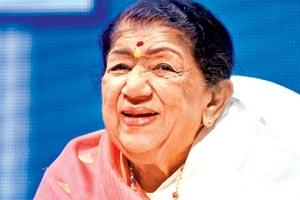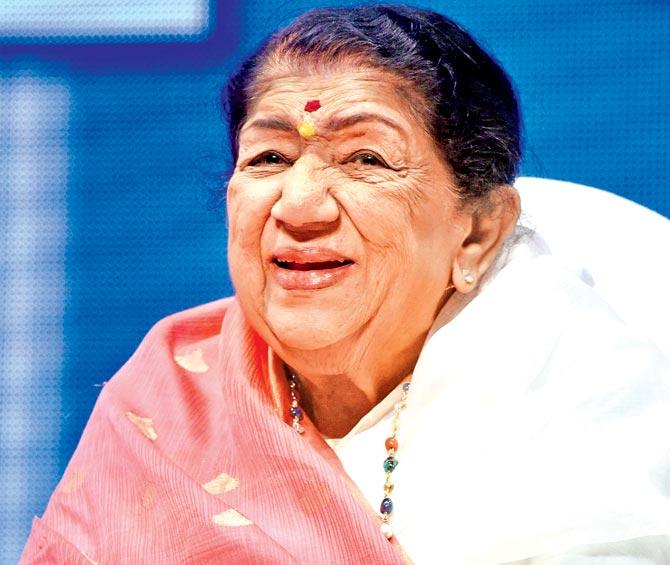After five years of toil, Indian Singers' Rights Association (ISRA) manages to pay members royalty for their ditties; amount distributed among 730 artistes


Lata Mangeshkar
ADVERTISEMENT
A five-year-long effort by copyright society Indian Singers Rights Association (ISRA) is finally bearing fruit. In January this year, the association, which has been fighting for the royalty rights of singers since 2013, was able to procure approximately Rs 52 lakh for 730 singers. Sonu Nigam, who was among the few to earn royalties for his ditties, says, "This is the beginning of a new era. Something that we have been working on for several years is finally seeing the light of day." The government body, which has also been trying to earn royalties for its singers from music labels, has been able to earn the amount from sporting events, restaurants and gyms, among other facilities.
ISRA co-founder Sanjay Tandon says, "We are proud that despite heavy odds, we managed to collect royalties from users, and also distributed them to singers. Though the amount collected this time is small, this marks a beginning." Alluding to the stature of the facility, ISRA chairman Anup Jalota tells mid-day that they collect revenues "based on their capacity". "Around 20 per cent of the collection is retained for the expenses of ISRA, while 80 per cent is paid to the singers." The founder chairperson of the association, Lata Mangeshkar, is content that singers are finally getting their due. "Jo mudda maine uthaya tha, ab woh rang laa raha hai. Singers will now get what is their right," she says.
While the singers associated with the organisation earn royalties, those who haven't registered with it are not paid any amount initially. "The royalty of non-members is held in a separate account. It remains untouched for three years. During this period, they can register with us and claim their amount. However, if they do not register, the money is credited to ISRA's fund," says Tandon, adding that legal heirs of deceased singers can also become members of the organisation and claim the royalty amount.
For Tandon, the journey to get to this stage has been a long one. "When we first started off, we sent out notices to all parties, specially sporting events like the IPL. When they didn't pay for playing songs in the stadium, we took them to court. They started paying us royalties from March 2017, which went into the collections we distributed in January," he says, further highlighting that royalties are also decided upon based on different tariff plans. "There are 21 plans. For instance, the tariff decided upon for sporting events is R1 per seat in the stadium. Restaurants, on the other hand, pay us an amount equivalent to the least priced drink on their menu per day. The amount collected from these restaurants is equally distributed among all singers who are members of ISRA."
 Subscribe today by clicking the link and stay updated with the latest news!" Click here!
Subscribe today by clicking the link and stay updated with the latest news!" Click here!






